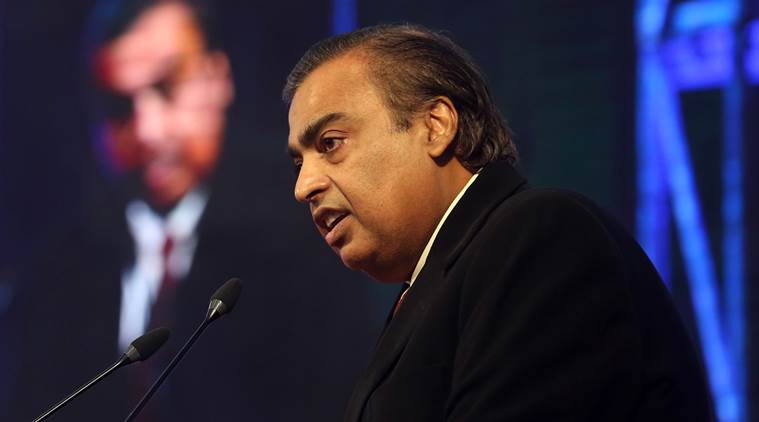Raja Mandala: Capital and digitalpolitik
As Delhi copes with the digital age, it will have to navigate between state and citizen, capital and consumer, public good and private gain.

Last week at the Vibrant Gujarat Summit, the chairman and the managing director of Reliance Industries, Mukesh Dhirubhai Ambani, urged Prime Minister Narendra Modito move India decisively towards “data localisation”. Ambani’s push to shape India’s data governance is very much part of the efforts by private capital world-wide to define new rules for the digital age.
Arguing that “data is the new oil”, Ambani said, “India’s data must be controlled and owned by Indian people — and not by corporates, especially global corporations”. Calling for a new national movement “against data colonisation”, Ambani added that “for India to succeed in this data-driven revolution, we will have to migrate the control and ownership of Indian data back to India”.
This is the second time in a month that Ambani has spoken up for “data nationalism”. Ambani, who has disrupted the data and telecom market over the last two years, now has ambitious plans to take on the global retail giants like Amazon and Walmart.
If Ambani is poised to remake India’s retail market, China’s Jack Ma, the founder of the incredibly successful e-commerce and internet company, Alibaba, wants to win the world. If Ambani’s “data nationalism” might be criticised for erecting barriers against cross-border data flows, Ma wants greater liberalisation to make it easier for small producers in one country to sell to consumers across the world.
Ma is building an Electronic World Platform (eWTP) to do just that. Ma hopes the government and businesses could work together to remove multiple obstacles to the flow of e-commerce across national borders. As a logical complement to the eWTP, Ma has plans to disrupt the international logistics market and shorten the global supply chains.
If Ambani is framing his policy preferences in nationalist terms, Ma is wrapping his and China’s interests in universal terms. Sceptics might say the eWTP might actually consolidate Beijing’s dominance of the global trading system, founded as it is on a tight domestic nexus between capital and the Chinese Communist Party. But countries as different as Belgium, Malaysia and Rwanda have already signed onto the eWTP.







































No hay comentarios:
Publicar un comentario